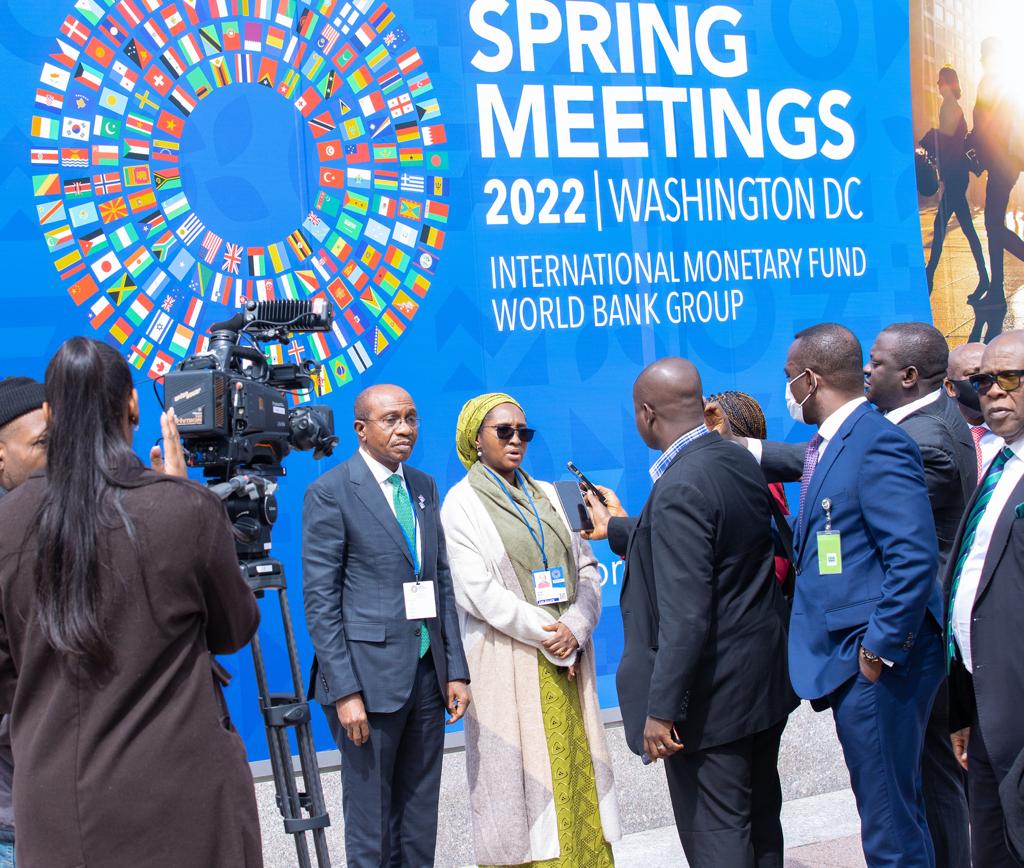Business
EAC Identifies Govt Policies For Trade Growth

The Economic Commission for Africa (ECA) has stated the need for government policies to support the harmonisation of regional value chains in order to further trade under the African Continental Free Trade Area (ACFTA).
According to a statement, the Chief Technology Section, Technology, Climate Change and Natural Resource Division, ECA, Mactar Deck, disclosed this during the launch of two publications: “Annual Economic Report for Africa 2022” and “The Existential Priorities of the AfCFTA” in Mauritius recently.
“AfCFTA provides new opportunities for local businesses to build new linkages in the supply chains on inter-African trade and that governments must create enabling policies and support the harmonisation of regional value chains”, he said.
Speaking at a session, Principal Economic Affairs Officer, Macroeconomic and Governance Division at ECA, Joseph Atta-Mensah, said integrating 55 economies on the continent into one was a powerful development.
He warned that to harness the power of integration, African countries must be competitive because barriers and tariffs will come down when the AfCFTA is fully operational.
“The AfCFTA is good but if we want to go to the full frontier of benefits that it promises we need to go the next mile and implement full customs and free movement of people”, the Director, Regional Integration and Trade Division at the ECA, Mr Stephen Karingi, advised.
Deputy Executive Secretary and Chief Economist of the Economic Commission for Africa, Hanan Morsy, in his remarks highlighted how Africa can leverage digital technologies and participate in global value chains.
“Building on the AfCFTA has become fundamental given the multiple crises that affect and continue to affect the African continent,” he noted.
Morsy, who was represented by the ECA Director of the sub-regional office for East Africa, Mama Keita, argued that the multiple crises affecting Africa present an opportunity to use digital technologies to enhance trade through the African Continental Free Trade Area.
“The AfCFTA is a game changer in promoting industrialisation in Africa by availing the key market, demand, and area for trade implementation.”
Strategy Advisor, UNDP Regional Bureau for Africa, Joy Kategekwa, noted that the AfCFTA was ‘in a state of capture’ because it did not deliver on implementation, was not clear on its capacities, and has not freed the movement of people across Africa’s borders.
Business
Two Federal Agencies Enter Pack On Expansion, Sustainable Electricity In Niger Delta

Business
Why The AI Boom May Extend The Reign Of Natural Gas

Business
Ogun To Join Oil-Producing States ……..As NNPCL Kicks Off Commercial Oil Production At Eba

-

 Politics4 days ago
Politics4 days agoAPC Releases Adjusted Timetable For Nationwide Congresses, Convention
-

 Sports1 day ago
Sports1 day ago2026 WC: Nigeria, DR Congo Awaits FIFA Verdict Today
-
Sports4 days ago
DG NIS Wants NSC Board Constituted, Seeks Increased In Funding
-

 Business4 days ago
Business4 days agoCustoms Seek Support To Curb Smuggling In Ogun
-

 Featured4 days ago
Featured4 days agoINEC Proposes N873.78bn For 2027 Elections, N171bn For 2026 Operations
-

 Sports4 days ago
Sports4 days agoSWAN Rivers Set-up Five Functional Committees
-
Sports4 days ago
NSC Disburses N200m Training Grants To 26 Athletes
-
News4 days ago
Police Bust Kidnapping Syndicate In PH

